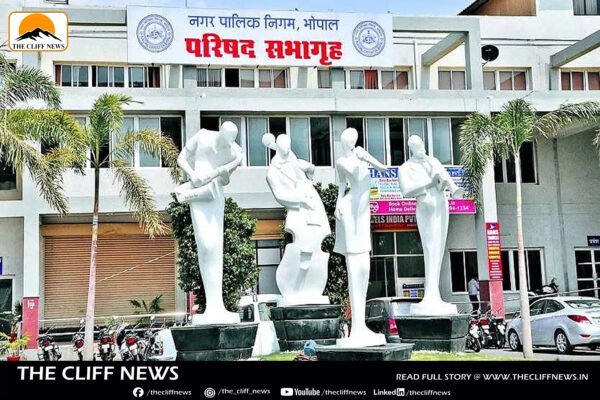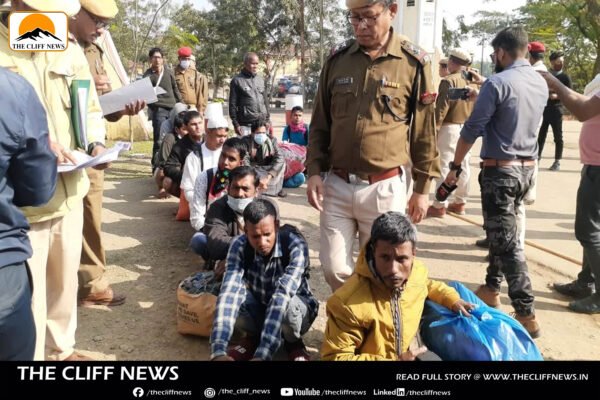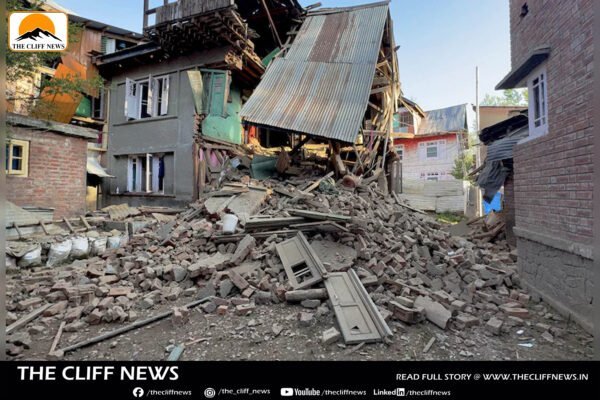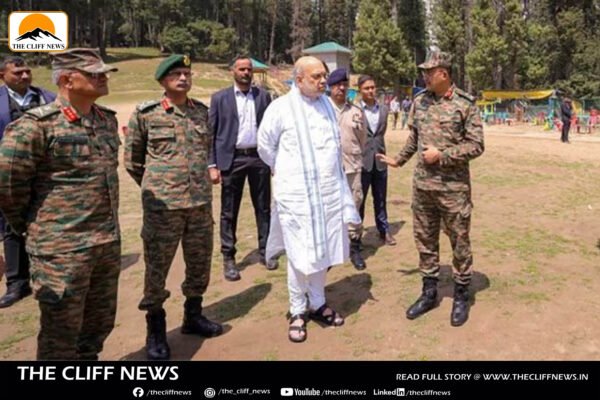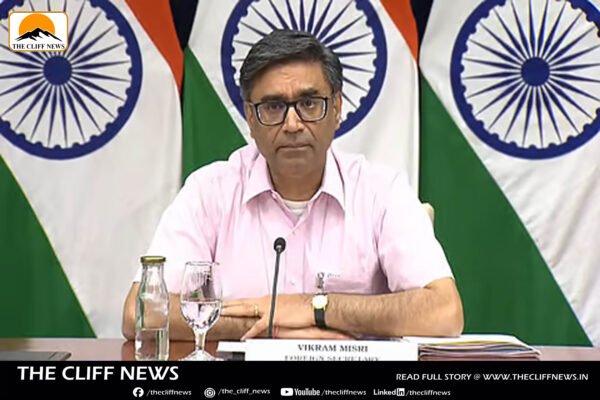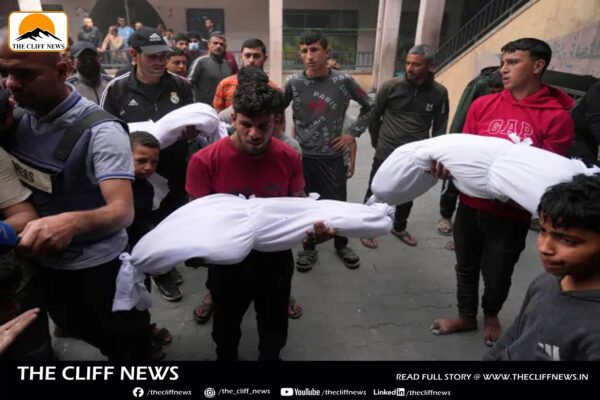Jewel Thief Review: Saif Ali Khan Shines in a Slick, High-Stakes Heist Thriller
A notorious crime lord and a master jewel thief attempt to steal the world’s most elusive African diamond, the Red Sun. However, the perfectly planned heist spirals out of control, as shifting loyalties and a dangerous web of deception and betrayal turn the high-stakes mission into a deadly game. Review:Jewel Thief follows conman Rehan Roy (Saif Ali Khan) as he sets out to steal one of the rarest diamonds, only to find himself threatened by dreaded criminal Rajan Aulakh (Jaideep Ahlawat), who targets Rehan’s family. But Rehan has plans of his own when he falls for Rajan’s wife, Farah (Nikita Dutta). Directors Kookie Gulati and Robbie Grewal deliver a fast-paced entertainer packed with stylish production design and edge-of-the-seat thrills. The film checks all the classic heist movie boxes, but also evolves into a tense game of double-crossing, raising the stakes dramatically. Rehan must not only outsmart an impenetrable museum but also Rajan, a crime lord who shows no mercy to even his most loyal allies. Meanwhile, a team of cops led by Vikram Patel (Kunal Kapoor) is hot on Rehan’s trail. While the film leans on familiar tropes—impossible vaults, a vulnerable love interest, and a fractured family dynamic—it maintains engagement through clever twists and confrontations. Some narrative threads, like Rajan’s hinted history with the shadowy Moosa (Dorendra Singh Loitongbam), remain underdeveloped. Rehan’s aide, Nikki Taneja (Meenal Sahu), is introduced without much background. However, the energy, clever heist preparations, and slick sky-high drama sequences help cover these gaps. Despite some convenient plot points—like elite conman Rehan being chased by bumbling cops—the film’s brisk pace and Jishnu Bhattacharjee’s glossy cinematography keep the experience lively. Saif Ali Khan steals the show with his magnetic performance, effortlessly switching between sleight-of-hand tricks, thrilling action, and emotional scenes with his estranged father, Dr. Jayant Roy (Kulbhushan Kharbanda). Jaideep Ahlawat is excellent as the cold, menacing Rajan, bringing chilling intensity even in his silences. The supporting cast, including Kunal Kapoor and Nikita Dutta, deliver strong performances. Verdict:A crisp heist caper anchored by standout performances, stylish visuals, and tense confrontations, Jewel Thief is an entertaining watch that keeps you hooked till the very end.


